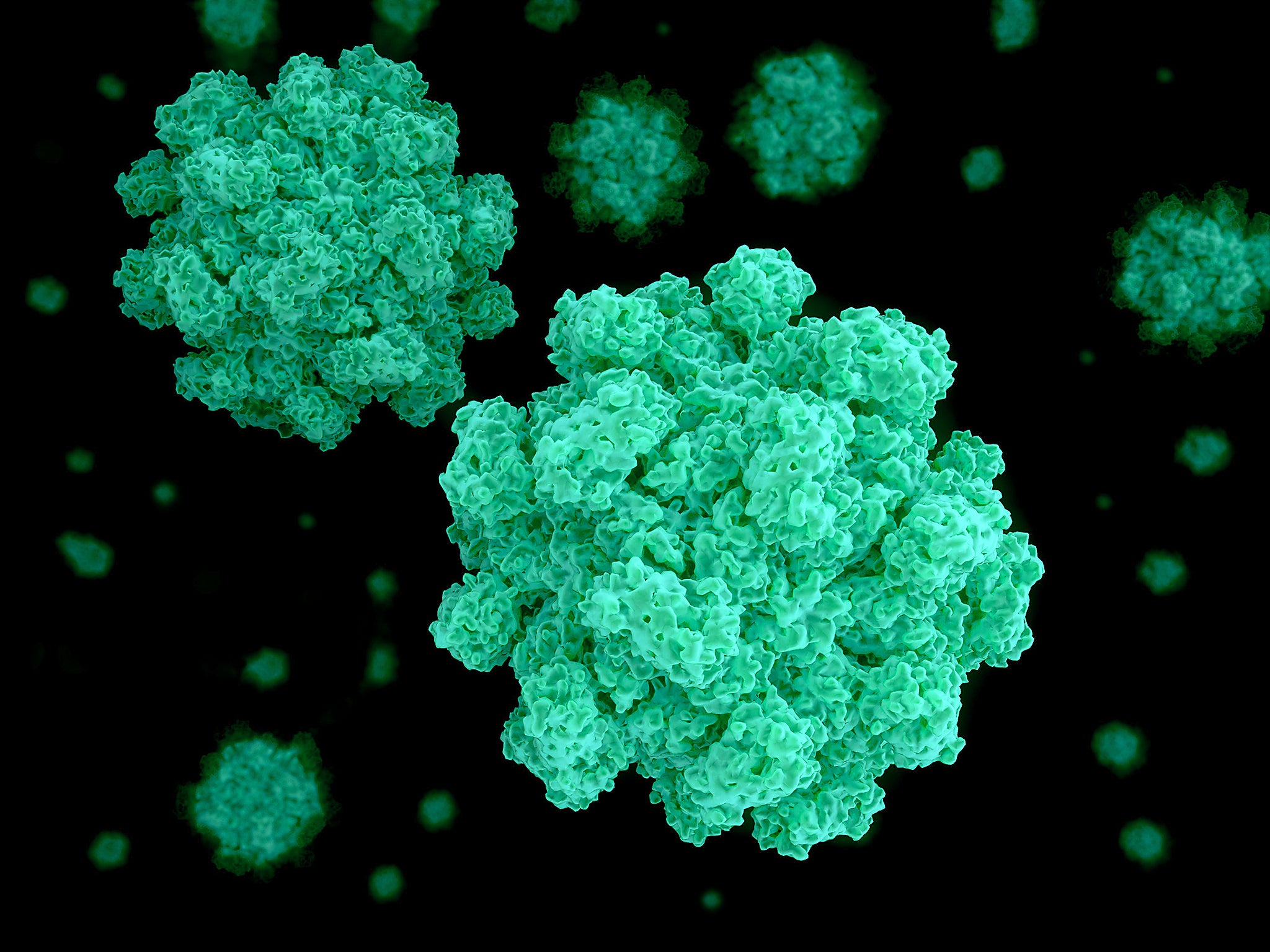Norovirus: How to avoid winter vomiting bug and what to do if you get it

Your support helps us to tell the story
From reproductive rights to climate change to Big Tech, The Independent is on the ground when the story is developing. Whether it's investigating the financials of Elon Musk's pro-Trump PAC or producing our latest documentary, 'The A Word', which shines a light on the American women fighting for reproductive rights, we know how important it is to parse out the facts from the messaging.
At such a critical moment in US history, we need reporters on the ground. Your donation allows us to keep sending journalists to speak to both sides of the story.
The Independent is trusted by Americans across the entire political spectrum. And unlike many other quality news outlets, we choose not to lock Americans out of our reporting and analysis with paywalls. We believe quality journalism should be available to everyone, paid for by those who can afford it.
Your support makes all the difference.Norovirus can floor you with cramping, nausea, vomiting and diarrhea.
Better-known as the winter vomiting bug, it causes inflammation of the stomach and intestines which triggers an array of nasty symptoms.
Millions are struck down by it worldwide every year, and each person will get the illness about five times in their lifetime.
It’s known as a winter bug because people generally get sick with it in the cooler months from November to April – although it can be contracted year-round.
As well as the obvious symptoms mentioned above, it can also cause a low-grade fever, chills, headache, muscle aches and fatigue.
Luckily, with a bit of vigilance, it’s easy to protect yourself.
It’s only passed via the vomit or faeces of an infected person, which means hygiene should be your number one priority.
You’ll need proper hand hygiene – washing them carefully with soap and water, particularly after using the bathroom and before touching or preparing food.
You should also take extra care to wipe down and disinfect surfaces before cooking, and clean fresh produce more thoroughly.
It seems obvious, but take extra care when cleaning contaminated surfaces; if someone has an accident the area should be cleaned with a bleach-based household cleaner.
Soiled garments should be handled with plastic gloves if possible, and washed separately at a high heat for a long time.
But if all of that fails, and you’re struck down with it, the NHS has a list of pointers on what you should do.
Drink lots of fluids to avoid dehydration, take paracetamol for aches and pains, get plenty of rest, and if you’re hungry only eat plain foods like rice, pasta and bread.
Join our commenting forum
Join thought-provoking conversations, follow other Independent readers and see their replies
Comments